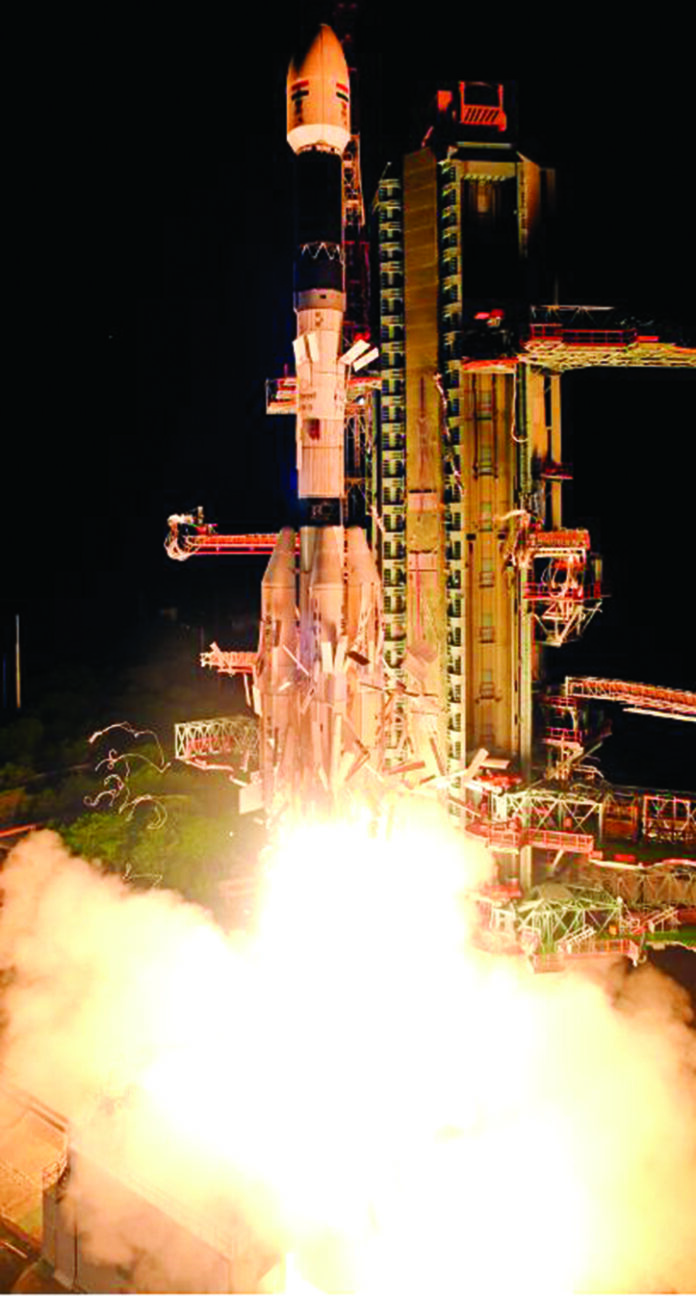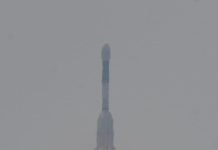By Techno Savvy
Following a rather large number of very successful launches, the GSLV vehicle of the Indian Space Research Organisation (ISRO), has failed. ISRO’s mission, codenamed GSLV-F10/EOS-03, suffered a “technical anomaly was observed in the cryogenic stage and the mission could not be accomplished,” ISRO chairman K. Sivan announced.
The initial liftoff of GSLV-F10 had been successful from the spaceport at Satish Dhawan Space Centre at Sriharikota, some 100 km from Chennai, but failed to launch its payload, the earth observation satellite EOS-3 into the intended orbit.
The mission was to position EOS-03 in a geostationary orbit. The satellite was expected to provide crucial near real-time imaging of large area of interest at frequent intervals, which could be used for quick monitoring of natural disasters, episodic events and any short-term events.
Failures are part of space programmes around the world. This has not demoralised ISRO. Union Minister of State Science and Technology, Earth Sciences, Dr Jitendra Singh, said the mission can be rescheduled.
It was an important launch. As per reports, the advanced imaging satellite had been described as a “game changer” for India with its high resolution cameras allowing constant, real-time monitoring of the Indian landmass and the oceans. Among the key areas where it could have proved its utility was defence, enabling “special attention to the country’s borders for security reasons”.
Technical glitches have dogged this launch programme, and the pandemic has added to delays. The launch was originally slated for March 5, 2020. The delays meant that this was only the second launch of ISRO so far in 2021. In February ISRO had launched 18 small
satellites.




















